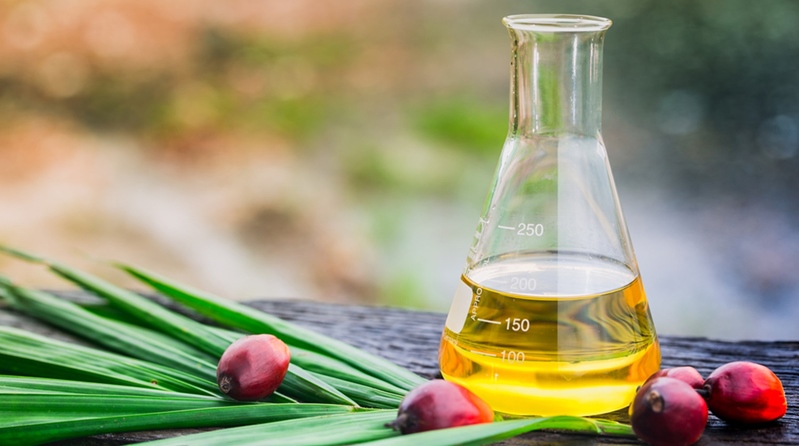Oleochemicals are a Vital Part of Everyone’s Life
It’s no secret why the largest oleochemical companies in the world are Southeast Asia-based. The palm oil industry made the oleochemical industry feasible and an increasingly preferable alternative to artificial or animal-based products.
Palm oil is an abundant main ingredient for many products in a range of industries. The industries include food and nutrition, home care, industrial cleaning, lubricants, polymers, and beauty and personal care.
Sustainability as an Ultimate Goal
With more and more industries having sustainability as one of their ultimate goals in doing business more ethically, more interest is shown in the development of new and innovative plant-based products.
Conducting business sustainably also means being able to trace your products from their original sources. Oleochemical companies in Malaysia can trace their product’s supply chain from the source because the origin is all around them in the palm oil plantations of the country.
KLK Oleo
KLK Oleo is one of the world’s largest leading oleochemical companies. They have thirteen plants all over the world and a workforce of over 3,000. They’re headquartered in Malaysia mainly because it’s home to their primary resource, palm oil. We’ll use their operating standards as being indicative of the sustainability standards every company should adhere to.
They make sure they can trace both the palm oil and palm kernels to specific palm oil mills that are their primary suppliers. But they take their efforts a step further by only contracting with those suppliers that can supply their own documentation of their supply chain.
Supplier Code of Conduct
Within their supplier code of conduct that all suppliers must abide by, they include providing traceability documents of the materials they are supplying to KLK Oleo. This includes detailing the upstream supply chain whenever possible or requested.
They include regulations as to the environmental impact of palm oil plantations. They specify that no new farming developments take place in areas that are designated as High Carbon Stock, as described in the HCS Approach (HCSA), which puts the concept of ‘no deforestation’ into practice. This includes primary forests, peatlands, or any areas that are required to maintain High Conservation Values (HCV). It also ensures that the supplier will undergo HCSA and HCV assessment to determine suitable planting areas for their crops.
They also must pledge to a ‘no burning’ policy in all operations, including new plantings and re-plantings. The suppliers also must commit to established Best Management Practices (BMPs) on all existing peatland properties.
Support the Efforts of KLK Oleo
In creating these stipulations, KLK Oleo sets a standard for its operations that its suppliers must follow. It helps save and conserve Malaysia’s forests and wildlife by creating standards that ultimately serve the public good. By taking a holistic approach to products that are a part of everyone’s daily life, they end up helping in ways that the public may need to be made aware of.
If your company uses fatty acids as an ingredient in your final products, consider making the switch to plant-based fatty acids from KLK Oleo, and become a company that is working towards sustainability.



